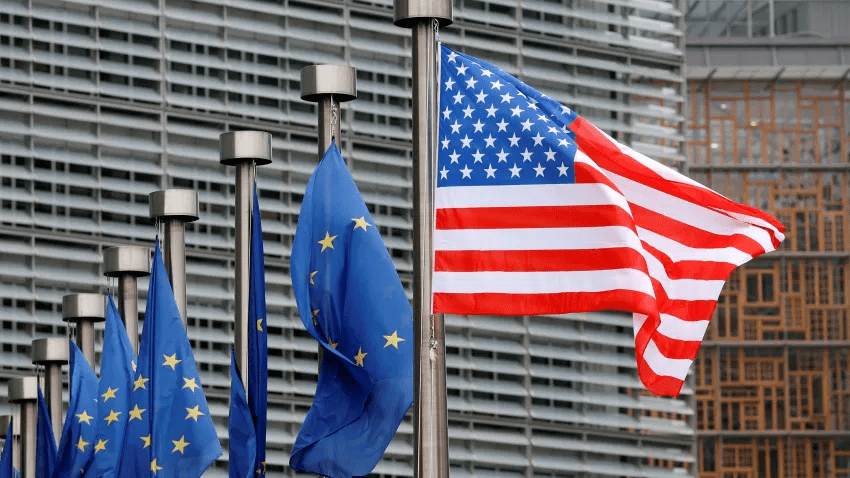European markets edged slightly higher on Friday as investors monitor prospects of a U.S. stimulus package and a last-minute Brexit trade deal. The pan-European Stoxx 600 gained 0.2% in early trade, with oil and gas stocks climbing 1.2% to lead gains while banks inched 0.3% lower. European stocks are receiving a mixed handover from Asia-Pacific after the Pentagon added more Chinese firms to a blacklist of alleged Chinese military companies.

Sentiment took a hit Thursday after Pfizer announced that supply chain challenges had caused the company to slash its coronavirus vaccine rollout estimates for 2020. Meanwhile, Moderna said Thursday that it expects to supply up to 125 million doses of its experimental vaccine around the world in the first quarter of 2021.
U.S. stock futures pointed slightly higher Friday morning ahead of a key November jobs report that will indicate the pace of the labor market recovery in the world’s largest economy. Investors may also be heartened by apparent progress toward a stimulus package, with a $908 billion coronavirus aid plan reportedly garnering bipartisan support late on Thursday.
Back in Europe, representatives from the U.K. and EU talked on Thursday in the hope of securing a trade deal before the Dec. 31 deadline. However, the Financial Times has reported that Britain is accusing France of making new demands at the last second, diminishing the chances of a deal being agreed by the end of the week.
European markets mostly higher with U.S. stimulus, Brexit in focus, CNBC, Dec 4